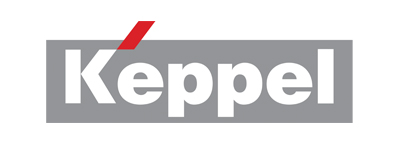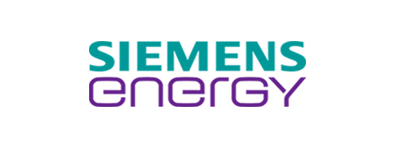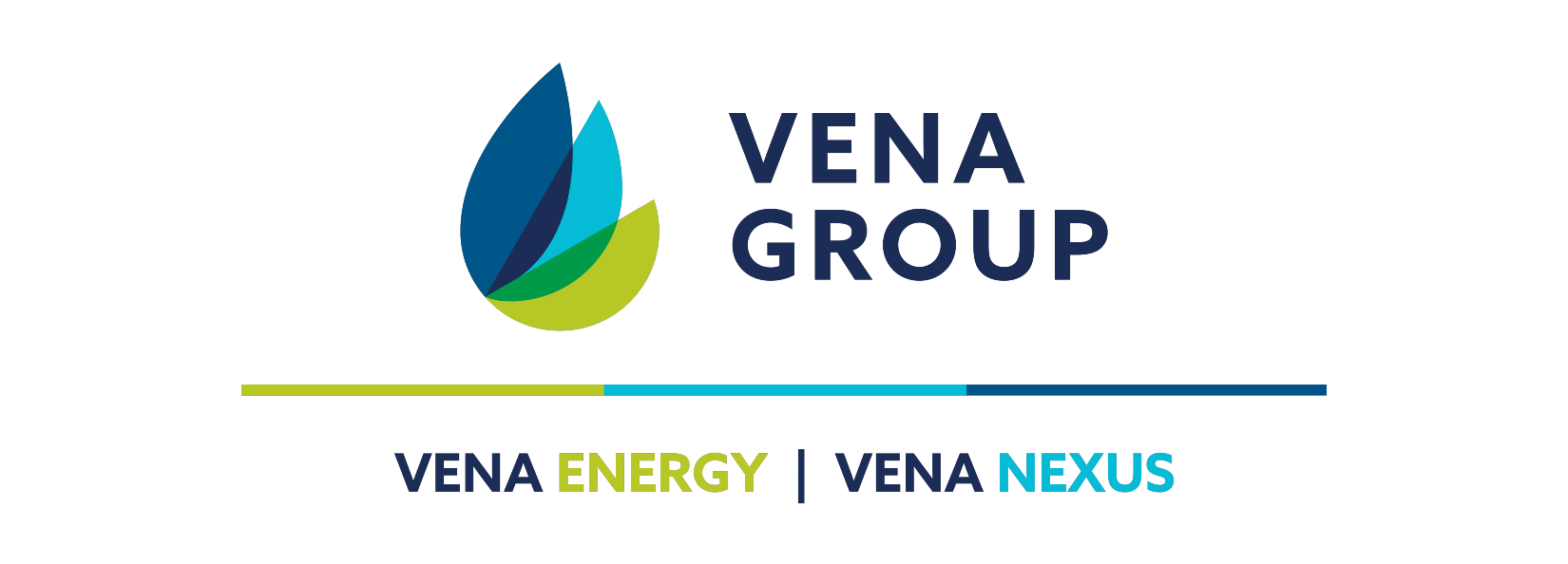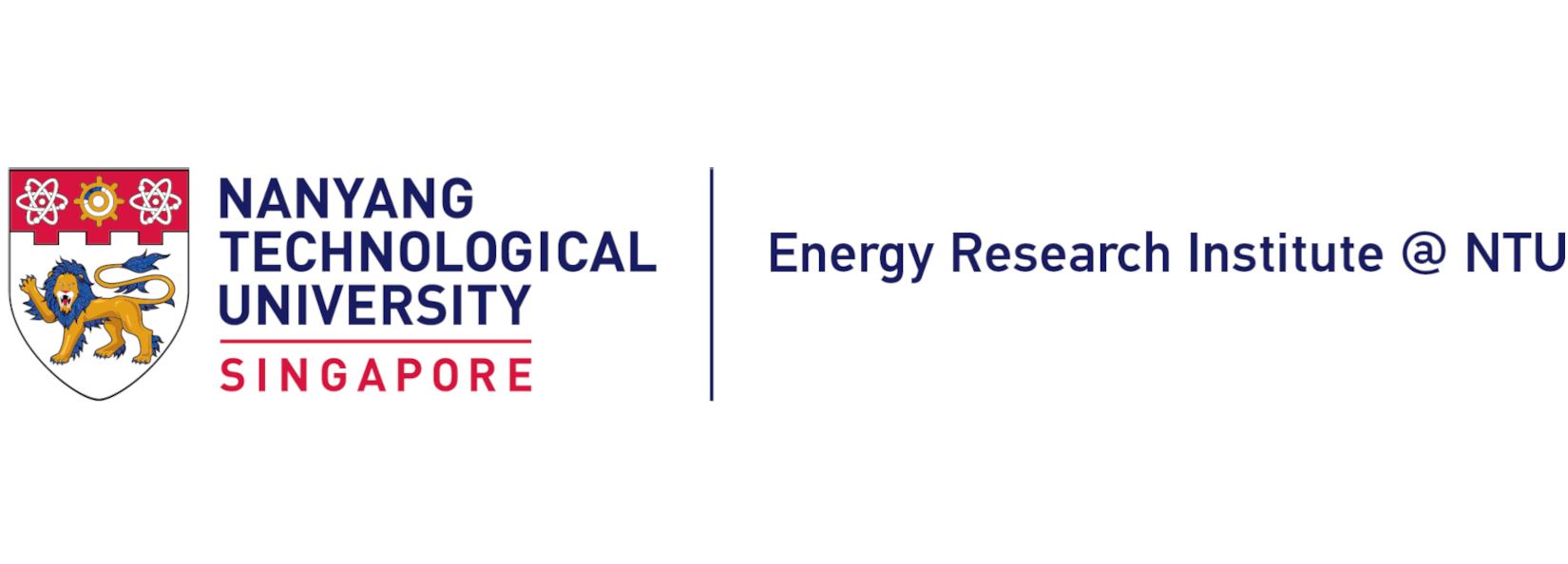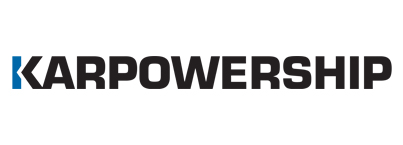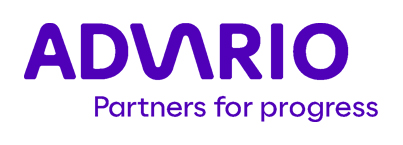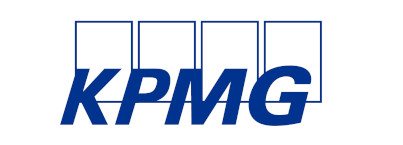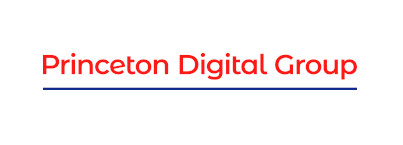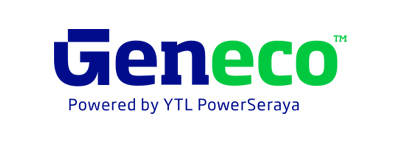1 The National Climate Change Secretariat (NCCS), Ministry of Trade and Industry (MTI), Enterprise Singapore (EnterpriseSG) and Monetary Authority of Singapore (MAS) are advancing initiatives to support the development of high-integrity carbon markets. These include (a) the publication of voluntary carbon market (VCM) guidance on how companies can use carbon credits as part of their decarbonisation plans; (b) ongoing discussions with leading corporates in Asia to set up an industry-led buyers’ coalition to aggregate demand for high-quality carbon credits; and (c) the introduction of a new Financial Sector Carbon Market Development Grant to support financial institutions’ participation in carbon markets.
Background
2 Carbon markets are a critical enabler for the global transition to net zero, channelling capital towards climate action. However, the growth of carbon markets has been constrained in recent years by weak demand, limited supply of high-integrity projects, and underdeveloped market infrastructure.
3 To address these gaps, the Singapore Government has introduced a suite of initiatives to catalyse demand for high-quality carbon credits, grow the pipeline of credible projects, and strengthen market infrastructure and capabilities across the carbon market value chain. These initiatives include the launch of the Carbon Project Development Grant at COP29, and active collaboration with international partners through Singapore’s Article 6 partnerships and the Coalition to Grow Carbon Markets announced at London Climate Action Week earlier this year.
Voluntary Carbon Market Guidance and Buyers’ Coalition
4 NCCS, MTI and EnterpriseSG jointly published the VCM guidance today to guide companies in using carbon credits as part of a credible decarbonisation plan. The VCM guidance was developed in close consultation with the Singapore Sustainable Finance Association (SSFA), industry partners, academics, and international organisations, and is available at [link]. It will be regularly reviewed and updated to keep pace with the latest developments.1
1To ensure the VCM guidance is aligned with international best practices and practical for companies, the guidance also incorporated the advice of the International Advisory Panel for Carbon Credits (IAPCC, refer to Annex A) and feedback from the public consultation carried out from 20 June to 20 July 2025. The public consultation outcome can be found in Annex B.
5 To demonstrate application of the key principles outlined within the VCM guidance, EnterpriseSG is in discussions with leading corporates in Asia to establish an industry-led buyers’ coalition to align and channel demand towards high-integrity carbon credits in the region and beyond. More details will be shared in 2026.
Financial Sector Carbon Market Development Grant
6 Financial institutions play a key enabling role in the carbon market value chain — from structuring transactions and financing projects, to underwriting risk mitigation solutions, and trading credits. Apart from concerns over market integrity and demand, financial institutions may also face high upfront costs in developing needed expertise, and managing the complexity and risks of early transactions.
7 To address these challenges, MAS will introduce a Financial Sector Carbon Market Development Grant (details in Annex C), to help alleviate near-term cost barriers faced by financial institutions and build the foundation for their sustained involvement in carbon markets.
8 MAS will set aside S$15 million over three years till 2028, from the Financial Sector Development Fund to support:
Building carbon market capabilities: Supporting the establishment or expansion of financial institutions teams engaged in carbon-project financing, trading, insurance and related services; and
Catalysing innovative financing solutions and platforms: Defraying upfront costs associated with transaction structuring, financing, risk management, and trading of carbon credits - including for due diligence, verification and carbon credit insurance premiums.
9 Applications for the grant will open on 1 November 2025. Further information on eligibility requirements and the application process is available on the MAS website [link].
10 Together, these initiatives aim to help catalyse the development of high-integrity carbon markets, to deliver tangible and credible impact for global climate action.
11 Mr Ravi Menon, Ambassador for Climate Action and Senior Adviser, NCCS, said “Carbon markets play an important role in mobilising finance for climate action and supporting the global transition to net zero. At the same time, they support sustainable development and growth in countries where the carbon projects are situated. Through the VCM guidance, we seek to provide our businesses with greater clarity and assurance to tap on high-quality credits, alongside their own efforts to decarbonise. We hope that this can encourage greater corporate climate ambition, contributing to global climate action.”
12 Mr Lee Pak Sing, Assistant Managing Director for Trade and Connectivity at Enterprise Singapore, said “This VCM guidance provides companies with clarity to incorporate the use of carbon credits in their decarbonisation plans. By outlining how to identify high-quality carbon credits, when to use them and how to transparently disclose their use, companies can develop credible decarbonisation strategies and contribute to global climate action.”
13 Ms Abigail Ng, Chief Sustainability Officer of MAS, said “High-integrity carbon markets are integral to financing the global transition, and financial institutions play a key role in bringing capital, innovation and scale to this space. The new Financial Sector Carbon Market Development Grant will enable financial institutions to deepen expertise, forge partnerships and develop solutions, laying the foundations for their sustained engagement in the carbon markets.”
ANNEX A: List of IAPCC members
ANNEX B: Summary of feedback and responses for public consultation
ANNEX C: Additional Information on the Financial Sector Carbon Markets Development Grant
NATIONAL CLIMATE CHANGE SECRETARIAT
MINISTRY OF TRADE AND INDUSTRY
ENTERPRISE SINGAPORE
MONETARY AUTHORITY OF SINGAPORE
28 OCTOBER 2025
For media queries, please contact:
NCSS
Sandra Yong
Assistant Director, Corporate Communications
E-mail: Sandra_Yong@pmo.gov.sg
MTI
Naadiah Badib
Assistant Director, Communications and Engagement
E-mail: Naadiah_Badib@mti.gov.sg
EnterpriseSG
Vanessa Ang
Senior Business Partner, Corporate Communications
E-mail: Vanessa_Ang@enterprisesg.gov.sg
MAS
Samuel Lee
Deputy Director, Corporate Communications
E-mail: Samuel_Lee@mas.gov.sg
ANNEX A
List of IAPCC Members
| No. | APCC Members | Designation |
| 1 | Prof Bertil Andersson [Chairperson] |
President Emeritus, Nanyang Technological University (NTU) |
| 2 | Ms Catherin McKenna | Chair, United Nations High-Level Expert Group on the Net-Zero Emissions Commitments of Non-State Entities |
| 3 | Prof Jos Delbeke | European Investment Bank Chair on Climate Change Policy and International Carbon Markets, European University Institute |
| 4 | Prof Koh Lian Pin | Associate Vice President and Chief Sustainability Scientist, National University of Singapore (NUS) |
| 5 | Mr Ousmane Fall Sarr | Coordinator, West African Alliance on Carbon Markets and Climate Finance (WAACMCF) |
| 6 | Ms Patricia Espinosa | Chief Executive Officer and Founding Partner, Onepoint5 |
| 7 | Mr Ravi Menon | Ambassador for Climate Action and Senior Adviser, National Climate Change Secretariat |
| 8 | Ms Usha Rao-Monari | Coordinator, Former Under-Secretary-General and Associate Administrator, United Nations Development Programme (UNDP) |
| 9 | Ms Yuki Yasui | Regional Director of Asia Pacific, Glasgow Financial Alliance for Net Zero (GFANZ) |
ANNEX B
Summary of feedback and responses for public consultation
1 NCCS, MTI and EnterpriseSG jointly carried out a public consultation on the draft VCM guidance from 20 June to 20 July 2025. We received a total of 49 responses from members of the public, companies and non-governmental organisations. A summary of the key feedback and our responses can be found below.
Terminologies and definitions
2 Several respondents highlighted the need to standardise and clarify the terminologies and definitions used in the VCM guidance. We have inserted a glossary of the key definitions, including the “Paris Agreement temperature goals” and “emissions scopes”, and incorporated suggestions on the use of clearer terminologies where relevant.
Quality of carbon credits
3 We received many suggestions on a range of standards, labels and guides that companies can reference. We have included a few notable ones as examples, but were unable to accommodate all suggestions as the VCM guidance is not intended to provide companies with an exhaustive list of options.
4 Most respondents expressed support for the use of both high-quality reduction and removal carbon credits in corporate decarbonisation, with some suggesting making this explicit in the guidance. We have included a clear statement that a high-quality carbon credit can come from both reduction and removal projects, and also elaborated on how the principles in Singapore’s International Carbon Credit (ICC) Framework can be applied to determine a high-quality carbon credit in the VCM.
5 Several respondents requested further clarification on the corresponding adjustments (CA) mechanism, including whether carbon credits without CA qualify as high-quality. We have included in the VCM guidance a link to our website that contains more information on the CA mechanism, and made clear that CA does not correspond to the quality of a carbon credit, which should be separately assessed.
6 There were mixed views on the role of vintage in assessing carbon credit quality, and the requirement for companies to purchase and retire credits with vintage within their commitment periods. We have clarified in the VCM guidance that vintage is not a direct indicator of quality and have further explained how and why it remains a valuable reference point. We have also explained the considerations for companies looking to purchase and retire credits with older vintages outside their commitment period.
Use of carbon credits
7 A few respondents requested further clarifications on how companies can reasonably assess the feasibility of their emissions abatement measures. In response, we have included additional guidance on how feasibility can be assessed.
8 There were several suggestions to provide more detailed guidance and frameworks for portfolio diversification and exercising due diligence on carbon credit projects. We have elaborated on how companies can consider labels and carbon ratings as additional tools for due diligence, and will update the VCM guidance with more up-to-date tools and advice in subsequent iterations.
Other areas of guidance
9 Several respondents also requested for the scope of the VCM guidance to be expanded to include technical and detailed guidance on claims. The Singapore Sustainable Finance Association (SSFA) is developing a Claims Guidance Document to complement the VCM guidance, and we have conveyed these suggestions to SSFA.
Conclusion
10 NCCS, MTI, and EnterpriseSG would like to thank all individuals, businesses, and organisations for their feedback.
ANNEX C
Additional Information on the Financial Sector Carbon Markets Development
Objective
The Financial Sector Carbon Markets Development Grant aims to grow financial sector participation in high-integrity carbon markets by supporting Singapore-based financial institutions to build relevant capabilities, expertise and solutions. MAS has set aside S$15 million over 2025-2028 for the grant.
Scope of Support
The scheme comprises two tracks of support:
| Funding Type. | Focus | Scope |
| Track 1: Building Market Capabilities |
Establish or expand in-house teams dedicated to carbon market activities. | Co-funds manpower and related costs in areas such as carbon project financing, carbon trading, carbon credit insurance, and risk management services. |
| Track 2 Catalysing Financing Solutions and Platforms |
Support carbon transactions and structuring activities. | Defrays upfront costs associated with developing, structuring and executing carbon credit transactions, such as technical due diligence, verification, legal, advisory, and carbon-insurance premiums. |
For further information on the Financial Sector Carbon Markets Development Grant, including eligibility criteria and application procedures, please visit the MAS website at [link].






